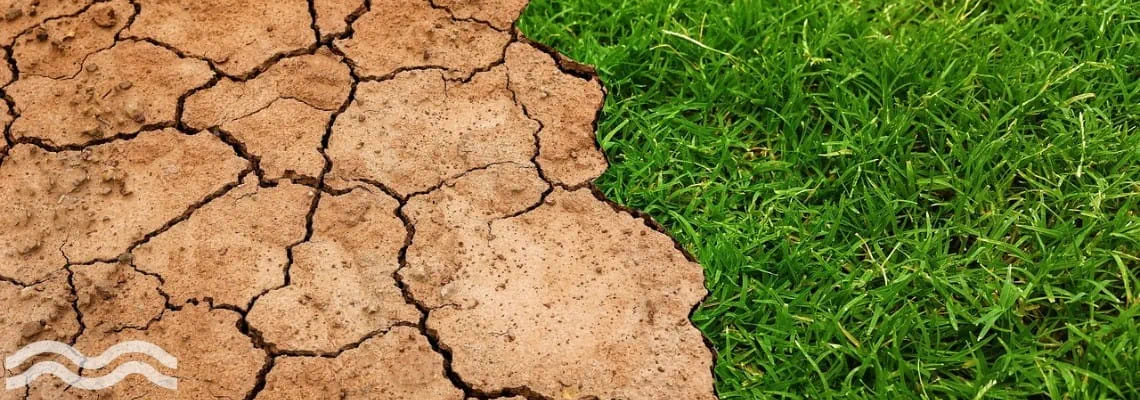Facing one of its toughest droughts in history, Spain is investing further into desalination and other “unconventional” water sources.
Accelerating unconventional waters
To help guaranteed a continued water supply in response to ongoing drought, Spain will be investing over 200 million euros into “unconventional waters”.
The secretary of State for Agriculture and Food, Begoña García Bernal, of the Ministry of Agriculture, Fisheries and Food highlighted that desalination and desalinated waters will be “essential” to “achieve environmental sustainability” and “guarantee supply and combat drought”.
A total of €216 million from the ministry, financed by the European funds from the Recovery, Transformation and Resilience Plan (PRTR) includes 20 actions.
Communities to benefit include Andalusia, the Canary Islands, Murcia, the Valencian Community and the Balearic Islands, covering 52,000 hectares and almost 33,00 families.
Spaking to Aquatech Online, Domingo Zarzo, president of Spanish desalination and water reuse association, AEDyR, said: “For her part, the Secretary of State has confirmed the Government’s commitment to unconventional waters as an essential method to advance the environmental sustainability of irrigation, securing supplies and combating drought.”
This development is part of a wider plan from the Spanish government to guarantee food security, which includes doubling resources from water reuse and desalination, with an investment programme of €2.3 billion until 2027.

How bad is the drought in Spain?
In early February a state of emergency was declared in Catalonia as the region faced one of its worst droughts in history. It’s estimated that more than six million residents across 200 towns and cities will be affected, including across Barcelona.
According to a BBC report, restrictions were announced after water reservoirs fell to 16 per cent of capacity.
Anna Barnadas, Secretary for climate action in the Catalan government, was quoted as saying: “We realise that the state of emergency affects all sectors, it affects the whole population and so it means, in this case, introducing some major restrictions.”
Such restrictions include reducing water use for crop farming and industry, as well as capping water supplies per consumer.
Investment in Catalonia
An additional investment of €467 million was announced in February for the construction of two desalination plants along the Catalan coast.
The plants will be built near to Barcelona with capacity of approximately 220,000 m3/day and are slated to be operating by 2028 and 2029, according to Reuters.
Environment minister Teresa Ribera reportedly said: “The government’s commitment is to do everything possible to help wherever needed to guarantee drinkable water.”
Desalination’s history in Spain
Spain has a long history of desalination. Globally, it is the fourth largest country in terms of desalination capacity, behind Saudia Arabia, the US and the United Arab Emirates.
According to Spanish desalination association, AEDyR, around 5,000,000 m3/day of desalinated water is produced in Spain for water supply, irrigation and industrial use.
Currently there are a total of 765 large scale desalination plants installed with a production capacity more than 100 m3/day. From this number, 360 are seawater desalination plants and 405 are brackish water desalination plants.







